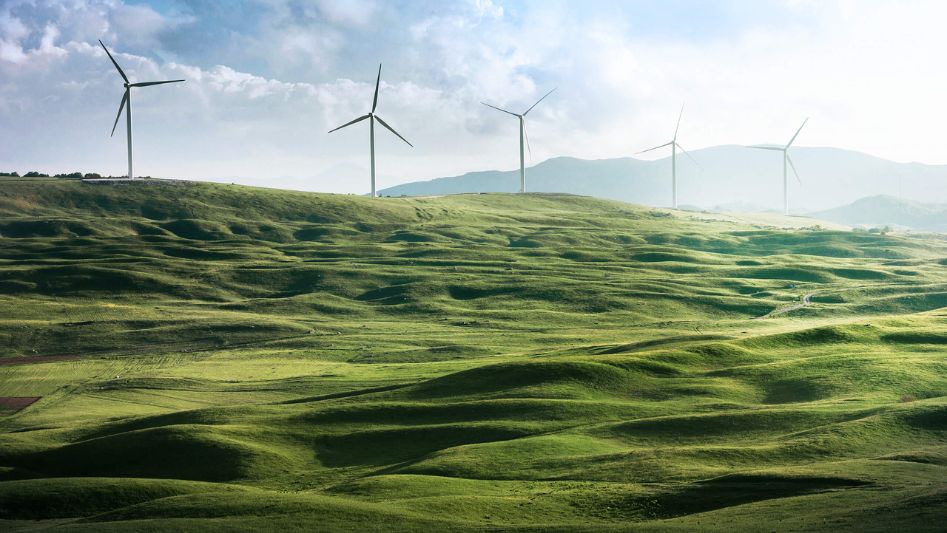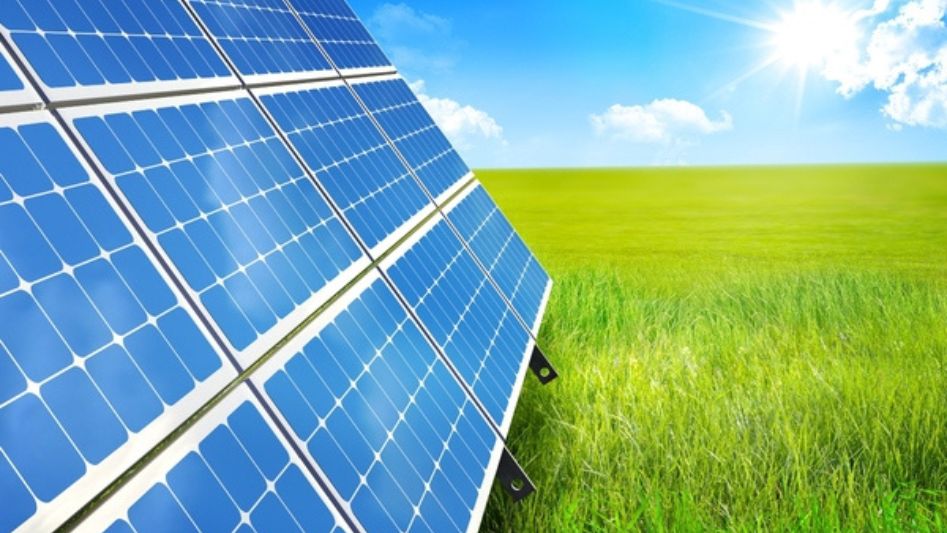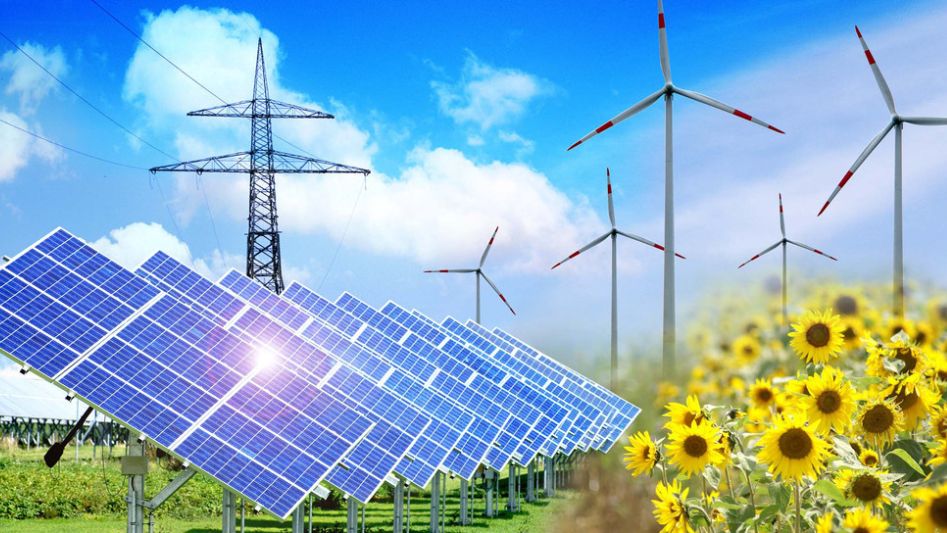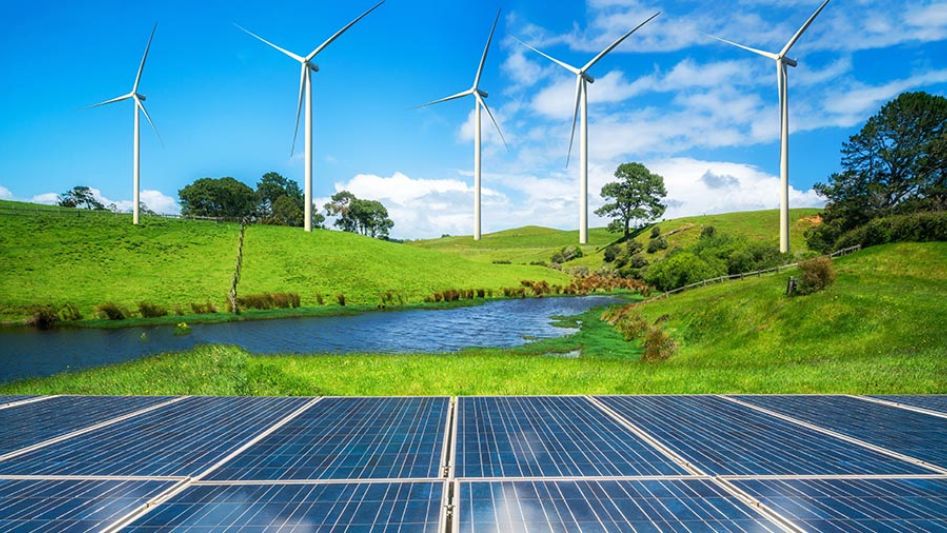The Great Clean Energy Acceleration, Our planet is at a crossroads. We have to address the global climate crisis and accelerate the clean energy transition.
Table Of Content
After the Arab Oil Embargo of 1973, “energy independence” emerged as a prominent topic of discussion in the United States. The problem with the nation’s energy supply was referred to by former President Jimmy Carter as “the biggest challenge that our state will face throughout our lifetime.” Carter advocated the establishment of long-term restrictions on the amount of oil that could be imported, the imposition of windfall taxes on oil companies, and the development and research of synthetic fuels. It was successful: by 1982, the proportion of oil consumed that was imported decreased from 45% to 28%. There was a significant improvement in the fuel efficiency of autos. More insulation was required per the building codes. Problems have a way of forcing people to adapt to new circumstances.

In the meantime, a new energy crisis has arisen as a result of the conflict in Ukraine and the cutting off of gas supplies to Europe. This is contributing to an increase in the generation of fossil fuels, as the Treehugger contributor Eduardo Garcia, observed in a recent piece on the website. According to Garcia has said, “rather than speeding up the transition to clean energy, United States Vice President Joe Biden has decided to snuggle up to fossil fuel interests to cut gas costs.”
“We have to get each cubic inch of gas out of the North Sea,” according to the British minister in charge of energy, who has stated that his country must do this. The coal-fired power facilities in Germany were brought back online. We are rapidly moving in the opposite direction, toward a world where we use many fossil fuels instead of fewer.
Michael Liebreich of the consultancy BloombergNEF, whom I have repeatedly referred to as “one of my go-to sources for smart conversations about hydrogen and energy,” adopts a different and significantly more enlightened perspective, writing: “I believe this torturous year is going to lead to another related acceleration, as it becomes evident that renewable energy, and not fossil fuels, holds the key to power protection.”
According to Liebreich, many nations are working on getting further life out of their already-built nuclear reactors and have implemented emergency energy-saving measures such as lowering their temperatures and shutting off the lights. However, developments on a longer time scale occur in what Liebreich refers to as “The Great Clean Energy Acceleration.”
“While Germany’s Chancellor may be talking up hydrogen, his ministries are busy tearing down planning barriers for renewable energy projects and speeding up the electrifying heat and transportation process. After the year 2024, it will be illegal to install any new boilers that use natural gas. The number of heat pump installations in 21 of the EU’s 27 member states has more than doubled in the past four years and is expanding at 34% annually. In the European Union (EU), plug-in vehicles now account for almost 20% of all new automobile registrations, up from less than 5% just three years ago. Europe is not merely planning to wean itself off energy imports from Russia for a few years; rather, it is working toward a clean energy future overall.”
A high-voltage direct current cable is now being stretched between Morocco and Britain. Once completed, this cable will bring in 3.6 gigawatts of electricity at a cost that is half that of nuclear power facilities currently being constructed. Installations of solar panels around the world are up 38% compared to this time last year. In conclusion, Liebreich stated:
“To summarise, we are living through trying times, particularly in Europe, and our thoughts are large with the courageous people of Ukraine during this time. Nevertheless, we can take heart in the idea that the Great Energy Price Spike of 2022 will, in due course, give way to the Great Clean Energy Acceleration. This is something that we can look forward to.”
The executive director of the International Energy Agency, Fatih Birol, made a similar observation, stating that Russia is making a significant error by alienating its most important client. He thinks it is erroneous to suppose that the current energy crisis represents a step backwards in combating climate change. He stated in an article published in the Financial Times:
“This issue is a strong warning that the existing power system, charactercharacterisedl fuels, is not sustainable and cannot continue in its current form. We have the opportunity to make this a watershed moment in the evolution of the energy industry by making it greener, more affordable, and more reliable. Moreover, this is already taking place.”

Along with Liebreich, he sees a glimmer of hope at the end of this difficult road. He sees connections to the Carter administration in the same way that I do.
“Do not put any stock in the numerous depressing stories that have been told about the energy crisis. There will be some difficult obstacles to overcome, particularly during this winter, “admonished Birol. “However, this does not mean that Russia is winning or that our efforts to combat climate change are doomed in any way. And then there is spring after winter. Oil price fluctuations in the 1970s led to significant advancements in energy efficiency, nuclear power, solar power, and wind power. The current crisis has the potential to have a similar impact and hasten the transition to a greener and more reliable power future in the future.”
Once upon a time, forty-five years ago, energy independence meant being unreliant on oil imports. Today, it means complete independence from the use of fossil fuels. It could take conflicts to get people moving, but things pick up a bit of speed once they do.
Conclusion
For the world to meet the climate targets of the Paris Agreement, the generation of renewable energy will need to expand by at least a factor of nine. However, more than this increase will be needed to accomplish net zero emissions by 2050. The swift shift to using renewable energy sources will be beneficial, not just for individuals but also for the earth. However, the buildout of this infrastructure will significantly impact the amount of land used as sustainable energy architecture necessitates a large portion of land, particularly onshore wind and large-scale solar systems.
FAQ
What role does clean energy play in the overall agenda of the world?
In 2018, air pollution generated by fossil fuels was responsible for costs to human health and the economy totalling $2.9 trillion, or almost $8 billion per day. Consequently, switching to clean sources of energy such as wind and solar helps solve not only global warming but also air pollution and health concerns.

Which three forms of energy are the least harmful to the environment?
Clean energy is described as energy that is produced without using coal, hydrocarbon, or oil products, without nuclear fission, and without transforming municipal waste. Clean energy also does not involve the use of nuclear fission or the conversion of municipal waste. Wind energy, solar energy, and hydroelectric energy are the three primary forms of clean energy currently available.
Is it possible to have energy that is 100% clean?
The investigation of this subject is very young, with very little research published before 2009; however, it has received an increasing focus in recent years. Most studies indicate that a global transition to a 100 per cent renewable century throughout all sectors – including power, heat, transportation, and desalination – is realisable and economically possible.
You May Also Like
- What Are The Best Solar Panels If You Don’t Have Roof Space
- The Future of Wind Turbines? No Blades
- What if Wind Farms Could Power the World?
- Wind Energy Turbines History
- Windmill vs. Wind Turbine: What’s the Difference?
External Links
- How to accelerate the green energy transition
- Power sector announces clean energy breakthrough
- Renewable Energy Transition
- Renewable electricity growth is accelerating faster than ever worldwide, supporting the emergence of the new global energy economy
- Accelerating and Smoothing the Clean Energy Transition

